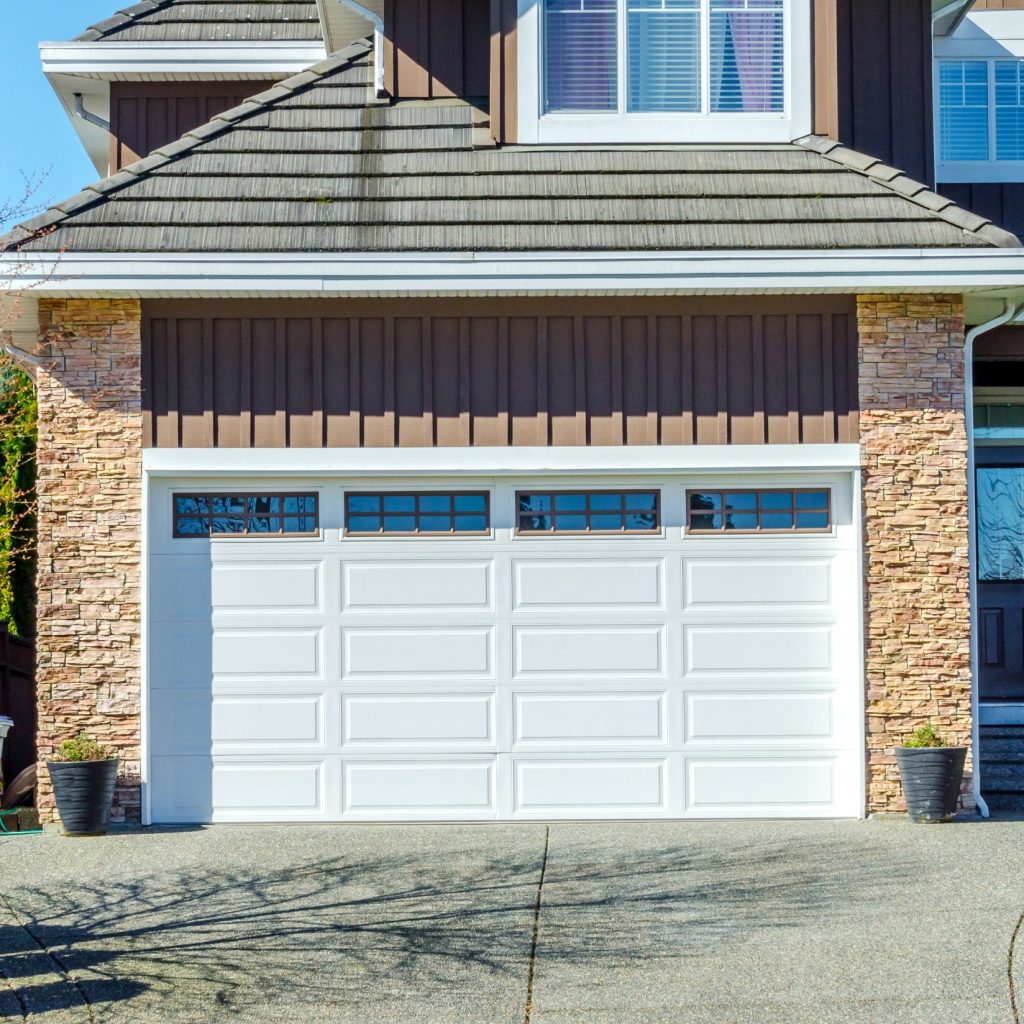
Looking for information on choosing the right investment property or how to select the right investment property to buy? Read on for more.
How to Find the Right Investment Property (Benefits)
First, let’s take a look at the benefits or advantages. Real estate investment comes with tremendous benefits, especially for investors. Purchasing a property and renting it out is certainly one of the most effective ways to secure future wealth. It is crucial, however, to ensure that the property you buy will make money in the short term and the long term.
As a source of passive income, real estate investment never dries up or matures; instead, it provides you with an ongoing income stream with no loss of assets. Actually, the underlying asset can appreciate over time. And that makes property investment an ideal source of income. Here is how to find the right investment property that yields optimum returns on investment.
(READ: What is Investment Yield?)
Steps on How to Find the Right Investment Property
Conduct Comprehensive Research
You have to perform proper research before purchasing an investment property. Your research will depend considerably on the clients or tenants you are targeting. So, you have to make sure the property you are considering is in a location that is likely to attract the kind of clients or tenants you are hoping to sell or rent to. Also, run the numbers to make sure that it will meet your return requirement and that it will also appeal to the market.
Note that conducting adequate research and using an analytical approach based on multiple financial factors, instead of considering your emotions, will help you buy the best property for your money.
Choose the Right Neighborhood
There is no secret that an appealing location is vital to getting an excellent return on your real estate investment. It will likely determine the amount of rent that you bring in, the vacancy rate you will likely experience and the quality of your renters. For example, property that is located close to universities may always be in great demand; however, as the landlord, you will have to deal with a higher turnover of tenants.
Beware Of Fixer-Uppers
Beware of taking on bigger challenges than you can handle, especially if you are new to real estate investing. You will likely pay an excessive amount to rehabilitate the property. And to still make a sizable profit on the sale, you will need the skills for large-scale improvement. This is why a better and safer option is to look for properties that require modest repairs, priced at below-market rates.
Calculate Your Profit Margins
It is worth noting that Wall Street firms that often purchase distressed properties aim for returns of at least 5%. This is because they need to pay staff. As an individual, you should set a goal of about 10%. You will have to estimate maintenance costs at about one percent of the property value yearly. Some other costs that you should consider are insurance and property taxes, etc.
Invest In Single-Family Homes
It is better to invest in single-family homes first. This is because it is one of the simplest ways to get started, especially if you are a new real estate investor. Note that the upkeep is easier when you compare it to commercial or multifamily properties.
Research the Competition
You should also conduct some research on other listings in the region. Note that the presence of an unusually high number of rental properties in the area could mean that demand for property in the area is low. Competition, although healthy in business, is not necessarily favorable when it comes to property. Keep this in mind when buying an investment property.


